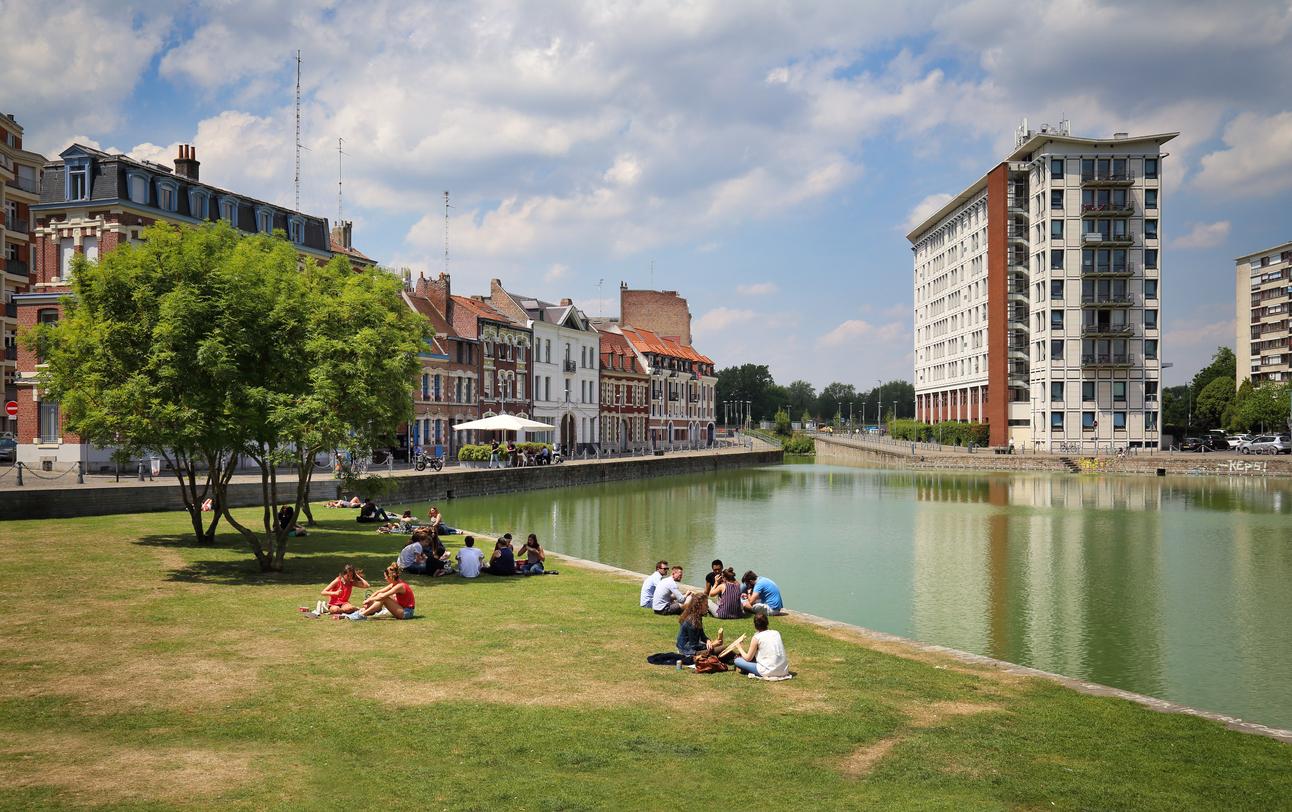May 6, 2003 – At the beginning of XXIe century, the link between health and the environment is increasingly strong and requires immediate attention, otherwise a real social catastrophe is likely to occur.
This is what the French researcher Luc Montagnier (photo opposite), co-discoverer of the AIDS virus, said during his participation in the 2003 edition of the Montreal Conference, an annual event that examines the major current global issues.
Dr. Montagnier is particularly worried about new epidemics (SARS being an eloquent example) and chronic diseases linked to the lengthening of life. In either case, he says, the impact of environmental factors is underestimated and does not get enough management attention.
“Human concentrations in Asia or in megalopolises facilitate the passage of infectious agents,” he says. And that’s not to mention the poor hygiene and nutrition that are often found there. “
There are many environmental threats to health, says Dr Montagnier. Pollution weakens the immune system of the population, which facilitates the spread of pathogens. The same goes for fruits and vegetables treated with pesticides that contain fewer antioxidants or whose vitamin content has been wiped out by months of freezing. Global warming, for its part, would favor a migration of diseases from the South to the North.
If we tackle the problem of chronic diseases now, a problem that will become essential in the XXIe century in developed countries and which will be of increasing concern to developing countries, we could extend life expectancy by 20 years and increase working life. But if nothing is done, warns Dr. Montagnier, there is a risk of witnessing an implosion of social security or health insurance schemes, which will no longer be able to meet the demands of an increasingly older population and more and more ill.
A first solution involves an in-depth review of the way in which medicine is practiced. Instead of emergency medicine that intervenes when the problem already exists, we should move towards preventive medicine that will keep the population healthy.
But more than anything, he says, global environmental regulation is needed. Countries must realize the interdependence that unites them now and take the necessary steps to protect the environment.
The Kyoto Protocol, however, is a testament to the difficulties that await such an approach, as long as national interests remain more important than overall well-being.
Jean-Benoit Legault – PasseportSanté.net















